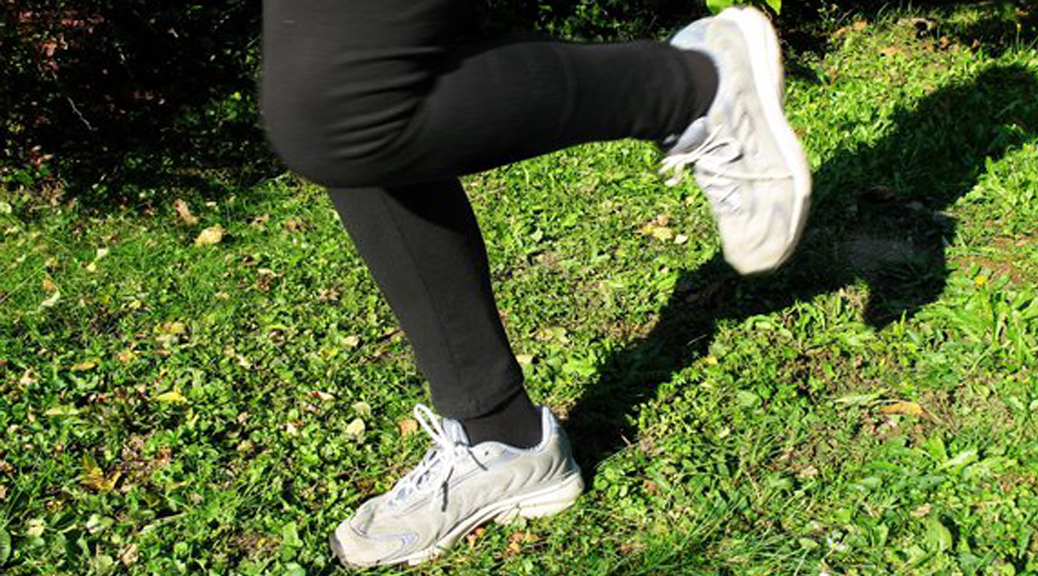AUGUSTA, Ga. – Running is one of the easiest ways to stay fit, but it’s not without dangers. With more than 1,000 participants signed up for the GRU Augusta Half Marathon and 10k on Sunday, Feb. 22, GRHealth Sports Medicine offers the following tips to help you prepare and avoid injuries.
- Review the course map. Read the race materials in the participant packet so you know in advance where to drop your gear on race morning, which miles have water stations, and where the hills are.
- Fuel up the tank. Consume a carbohydrate-rich meal for a few evenings before the marathon in order to provide your body with the needed calories and energy to keep you going. But don’t overeat or drink much alcohol on the night before the race.
- Stick to the routine. Race day is not the day to break in a new pair of running shoes or new clothes. Likewise, don’t wear shoes that are worn. The average life of running shoes is about 400 to 600 miles.
- Warm up properly. Most athletes perform some type of regular warm-up and cool down during training and racing. A proper warm-up can increase the blood flow to the working muscles reducing the likelihood of muscle stiffness or injury. Additional benefits of warming up include physiological and psychological preparation.
- Stretch. Don’t rush this, and include all joints and extremities. Each stretch should be held in place for about 30 seconds. Proper stretching can prevent strains and other injuries.
- Pace your race. Line up with people who run about the same speed as you do, and don’t start the race too fast. Adrenaline will fire you up and tempt you to surge ahead, but keep your pace steady.
- Stay hydrated. Even if you are not thirsty, drink lots of water. Water is the key for efficient running and keeps your body in prime condition. Fluids are also essential for recovery after the race. Drink a combination of water and sports drinks to replenish lost fluids, sodium, and electrolytes.
- Finish strong. Don’t come to a sudden stop at the finish. This can cause your blood pressure to drop too quickly, causing dizziness and even fainting. A slow jog or walk will help you transition safely to a resting state.
- Stretch and ice down. After you cool down, thoroughly stretch your legs so your muscles don’t get stiff. Icing them every few hours for about 15 minutes at a time will help relieve inflammation and muscle pain.
- Taper your exercise regimen. Your body needs time to recuperate. So avoid a long-distance run or intense workout for about two weeks following race day. Try light runs and cross training instead. Then you can gradually work back up to higher intensity.
As part of the region’s only academic health center at Georgia Regents University, GRHealth Sports Medicine follows a comprehensive approach, integrating world-class clinical care, leading-edge research, and training programs designed to keep patients active and injury-free.
The center is staffed by board-certified sports medicine physicians and orthopedic surgeons; licensed physical therapists, specializing in sports and activity-related injuries; and certified athletic trainers, who work with area teams and organizations to evaluate and diagnose musculoskeletal problems.
GRHealth Sports Medicine offers educational, preventive, and treatment services for people of all ages and activity levels in a patient- and family-centered care environment. For more information about GRHealth Sports Medicine, call 706-721-PLAY or visit grhealth.org/sports-medicine/sports-medicine-home.
For more information about the GRU Half Marathon, visit AugustaHalf.org.
 Augusta University
Augusta University




